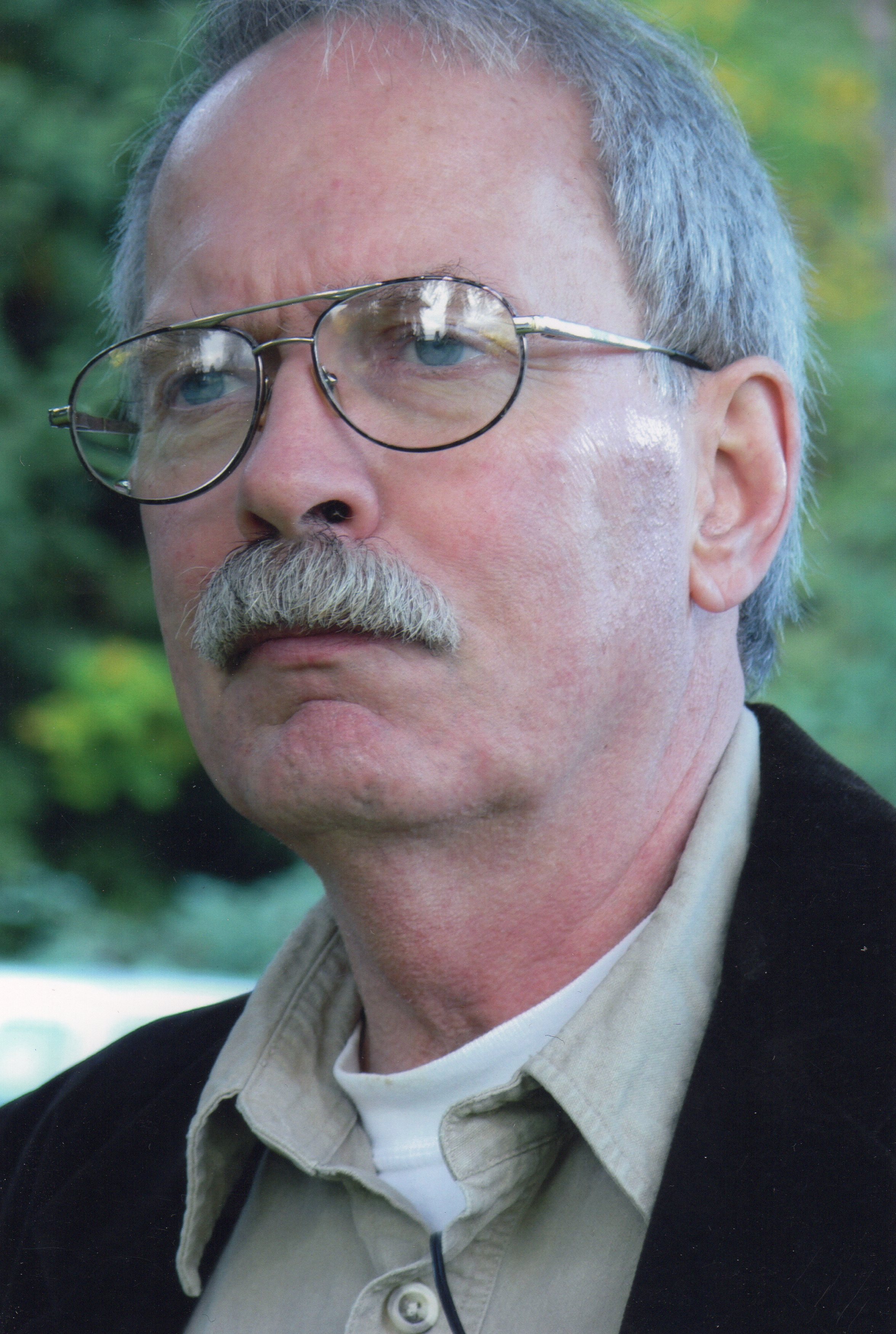How much openness and transparency do the candidates for Gibsons council and mayor support? The Coast Clarion asked them.

Opportunity for public input at council meetings in Gibsons has been lacking and many people feel they have not been listened to at public hearings. The Coast Clarion sent a 10-question questionnaire to all 10 candidates for mayor and council to find out how they view openness, fairness and engagement with the public. These are David Croal’s answers.
1) Do you support several opportunities for public inquiries during council meetings?
Yes. I think it is important to have at least two occasions for public inquiries during council meetings so that residents do not have to hang about until the end of the meeting to ask a question. I believe Bill Beamish introduced a dialogue program where anyone could come and meet with the chief administrative officer, members of council and town staff to express interests or concerns. There should also be an opportunity for inquiries with respect to the agenda at the beginning of the meeting.
It is necessary when these opportunities are provided that they are not used for grand-standing and abuse; time limits during these inquiry periods need to be respected.
2) Do you support public inquiries about topics not on the agenda of council meetings?
Yes. Topics not on the agenda can be brought up after the initial inquiry period, which would cover only items on the agenda. Non-agenda items need to be treated with respect, and not abused.
3) Should public inquiries, and the answers provided, be included in the minutes of council meetings?
No. Minutes are a public record of the items on the agenda and how they were handled. But inquiry items can be noted: what topic was brought up, and by whom. Should the item be added to an agenda at a later date, the inquiry and the resulting resolution will then be recorded in full. Often, inquiry items can lead to disruption in the chamber, making it difficult to have properly recorded minutes.
4) Do you think an opportunity for public input before every vote at council meetings is a good idea?
No. By the time there is a vote, there should have been a process where the public would have had opportunity to bring their views to council. It would not be positive to have late views aired at the time of a vote.
5) Should the minutes of council meetings include entire discussions and matters raised, including the names of the speakers?
No. I am assuming that this question refers to items introduced in inquiry, as mentioned above. Iif it is not an agenda item, it should only be noted as I indicated above.
6) Do you think council members and the mayor should have a set time every week for members of the public to approach them on a personal basis?
Yes. I am in favour of being approachable, but obviously it may not be possible for every council member and the mayor to be available on a weekly basis. Should an item be of significant importance, I would like to believe that ample time will be available for members of the community to voice their views, either in person or via mail, email or phone.
7) In your opinion, does council need to vote unanimously?
No. There are four members of council with a vote and a mayor with a vote and there are going to be occasions where opinion on a topic is going to vary, or a member of council does not feel that something is for the benefit of everyone in the community. I would like to think that this view would be expressed and voted on accordingly.
8) What is your view on public hearings? If a majority of the speakers express a certain opinion, what should council do?
Public hearings are but one opportunity for council to gain the public feeling on a project, and that information needs to be listened to and should be considered when coming to a decision on a project. However, council members are elected to do what is best for the entire community and not just for those people who spoke at a public hearing. Public hearings are usually but one aspect that comes [into] play prior to a major decision being voted on.
9) What is your view on providing town documents to the public when asked? Which categories should not be released, if any?
Transparency is critical in maintaining the trust of a community. I am all for information being made available and, where possible, clarified so it is more easily understood. Often, not understanding leads to distrust and misinterpretation of information. The town follows and complies with the Freedom of Information Act and the Protection of Privacy Act which governs public access to the town’s records. Much of this information is published on the town’s website.
10) In your view, what are the best methods for council to achieve meaningful consultation with the public?
Accessibility, conversation and open dialogue can prove useful to ensure that people feel involved and included in the process. Public hearings, consultations, and inquiries are usually necessary prior to any major decision being made that will have a significant impact on the community. There are procedures in place and the respect of the community for these procedures leads to meaningful consultation and trust. In all of these conversations, hearings, inquiries, and public meetings we need to ensure that all parties are respected so that all views can be heard and a community trust can be developed and maintained.
A slate is a slate is a slate, I guess. Unfortunately, homogeneity of views gave us a rubber-stamp council for the past four years. I’m looking for meaningful discussions among councillors at council meetings. I’m looking for change.